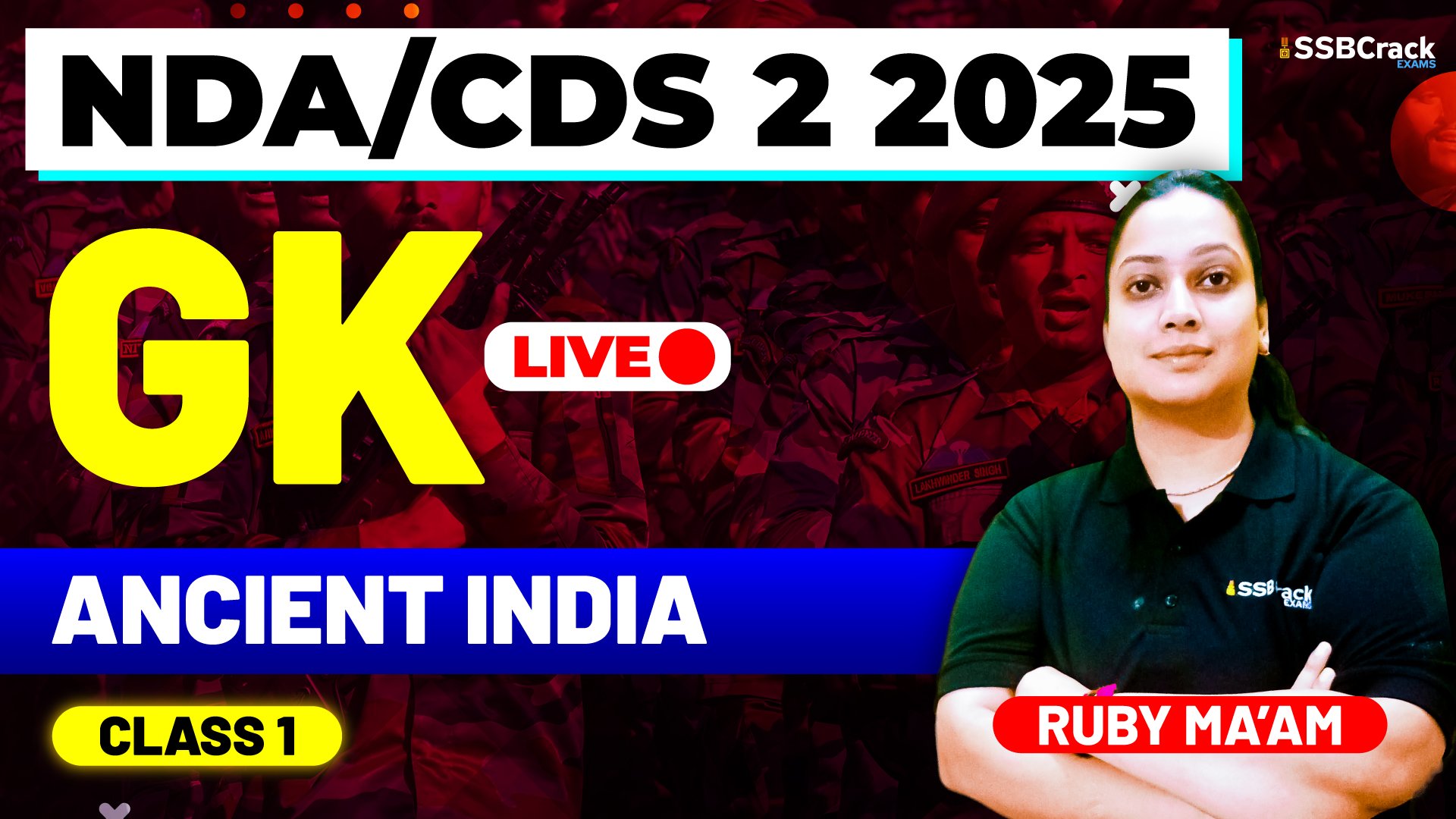For aspirants preparing for the NDA (National Defence Academy) and CDS (Combined Defence Services) exams, history forms a critical component of the General Knowledge section. Among the ancient periods covered in Indian history, the Stone Age and the Indus Valley Civilization (IVC) are especially significant. These topics not only lay the foundation of ancient Indian history but also frequently appear in objective-type questions in UPSC-level exams.
1. Importance of the Stone Age in Exam Preparation
The Stone Age marks the earliest period of human history, highlighting the evolution of mankind and the beginning of societal life.
Key Areas to Focus:
- Division of the Stone Age: Paleolithic, Mesolithic, and Neolithic ages
- Important Sites: Bhimbetka (MP), Hunsgi (Karnataka), Mehrgarh (now in Pakistan)
- Tools & Artifacts: Stone tools, cave paintings, microliths
- Lifestyle & Development: Hunting-gathering economy, fire use, domestication, and settled agriculture in Neolithic
Why It’s Important:
- Questions often test understanding of early human development and archaeological evidence.
- Helps in understanding the transition from nomadic to settled life, a major leap in human civilization.
2. Importance of Indus Valley Civilization (IVC) in Exam Preparation
The IVC, also known as the Harappan Civilization, represents one of the world’s earliest urban cultures and is central to ancient Indian history.
Key Areas to Focus:
- Major Sites: Harappa, Mohenjo-Daro, Dholavira, Lothal, Kalibangan
- Town Planning: Grid system, drainage, Great Bath, granaries
- Economy: Trade, agriculture, craftsmanship
- Script and Religion: Undeciphered script, worship of proto-Shiva, mother goddess
- Decline Theories: Environmental, invasion, tectonic shifts
Why It’s Important:
- Questions from IVC are frequent in UPSC exams, testing students’ knowledge of archaeological findings and cultural developments.
- It illustrates the early foundations of urban planning, trade, and administration—relevant even in today’s civilizational context.
Tips for NDA/CDS Aspirants:
- Revise through NCERTs: Especially Class 6–12 history books for concise and exam-oriented content.
- Practice MCQs: Many questions are direct facts from these topics.
- Use Timelines and Maps: For better memory retention and understanding of geographical spread.
- Stay Updated: Keep an eye on archaeological discoveries and current findings related to IVC.
Conclusion
Understanding the Stone Age and Indus Valley Civilization equips NDA/CDS aspirants with insights into India’s rich prehistoric and ancient past. These topics form the foundation of historical understanding and are essential for performing well in the General Knowledge section. A clear grasp of these subjects not only aids in scoring marks but also builds a deeper appreciation of India’s cultural and civilizational journey.
“History is not just about dates, it is about understanding the roots of who we are.”
For every future defence leader, knowing our past is crucial to shaping our nation’s future. Keep preparing, keep progressing!







